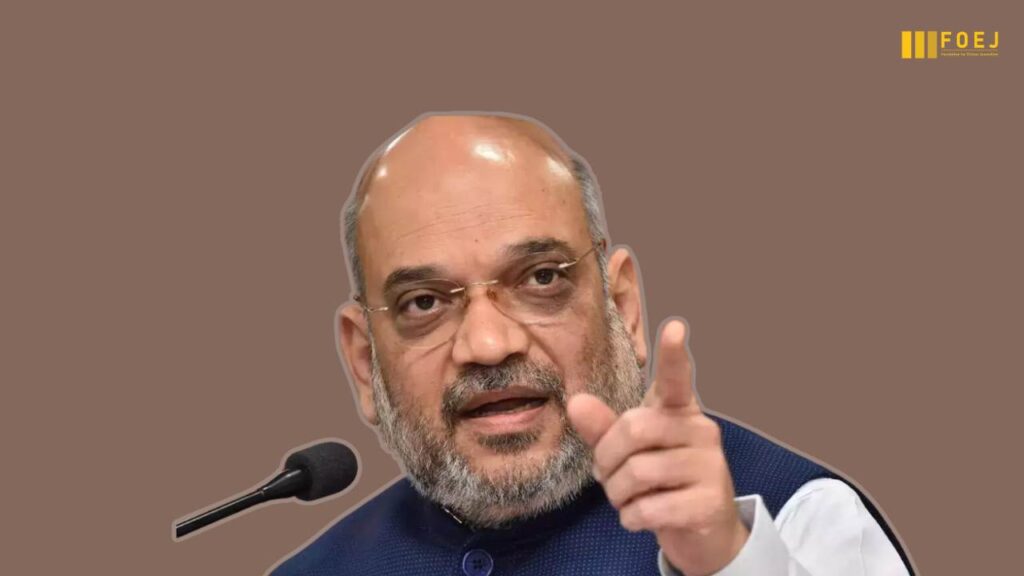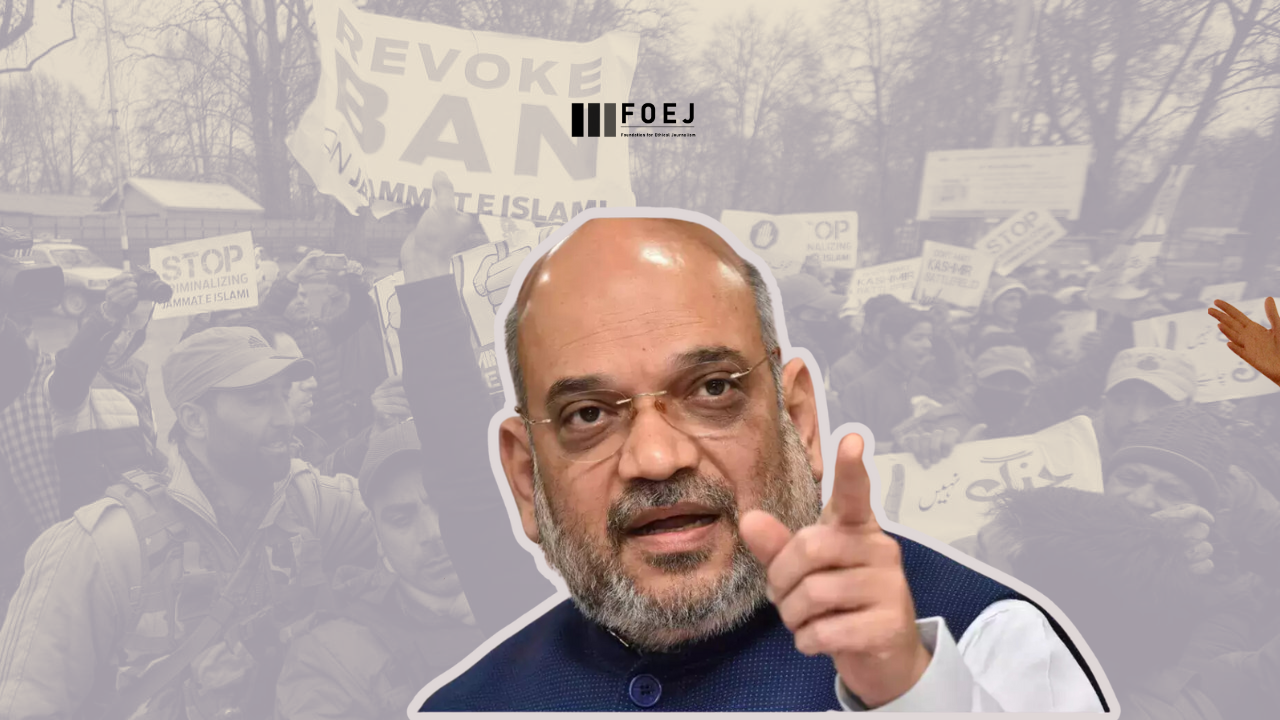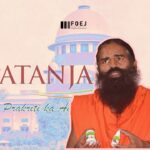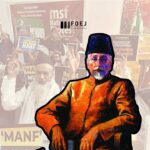The ban on Jamaat-e-Islami, Jammu and Kashmir, has been extended for another 5 years. The decision was made yesterday through a gazette notification issued by the Ministry of Home Affairs (MHA), declaring immediate effect as an ‘unlawful association’ under the Unlawful Activities (Prevention) Act (UAPA) of 1967.
The move comes as the MHA found that the organization continues its activities against the security, integrity, and sovereignty of the nation. The organization was initially declared an ‘Unlawful Association’ on February 28, 2019.
Exercising the powers conferred by subsection (1) of Section 3 of the Unlawful Activities (Prevention) Act, 1967 (37 of 1967), the MHA declared Jamaat-e-Islami as an unlawful association on February 28, 2019.
“The Central Government, having regard to the above circumstances, is firmly of the opinion that it is necessary to declare Jamaat-e-Islami, Jammu and Kashmir (JeI), as an ‘unlawful association’ with immediate effect. Accordingly, in exercise of the powers conferred by the proviso to subsection (3) of section 3 of the said Act, the Central Government hereby directs that this notification shall, subject to any order that may be made under section 4 of the said Act, have effect for a period of five years from the date of its publication in the Official Gazette,” the fresh notification mentions.

According to the MHA, Jamaat-e-Islami is involved in anti-national and subversive activities in the country, intending to cause disaffection while having close ties with militant groups in Kashmir. It is also claimed that the organization seeks the secession of a part of the Indian territory from the Union and supports militant and separatist groups that engage in disruptive activities harming the territorial integrity of India.
“JeI is involved in anti-national and subversive activities in the country intended to cause disaffection. Whereas the Central Government is of the opinion that if the unlawful activities of JeI are not curbed and controlled immediately, it will take the opportunity to escalate its subversive activities, including attempting to carve out an Islamic State from the territory of the Union of India by destabilizing the Government established by law, continue advocating the secession of the State of Jammu and Kashmir from the Union of India while disputing the accession of the State with the Union, propagate anti-national and separatist sentiments prejudicial to the integrity and security of the country, and escalate secessionist movements, support militancy, and incite violence in the country,” added the notification.”
Amit Shah on the Ban
Soon after the announcement, Union Home Minister Amit Shah took to his ‘X’ handle, formerly Twitter, announcing that the extension of the ban against Jamaat-e-Islami is part of the zero-tolerance policy of Prime Minister Narendra Modi’s government at the Centre.
Pursuing PM Narendra Modi Ji’s policy of zero tolerance against terrorism and separatism, the government has extended the ban on Jamaat-e-Islami, Jammu and Kashmir, for five years. The organization continues its activities against the security, integrity, and sovereignty of the nation. The outfit was first declared an ‘Unlawful Association’ on February 28, 2019. Anyone threatening the security of the nation will face ruthless measures,” Shah posted.
Banned in Past
It is the fourth ban to be imposed on the organization, created in 1942, five years before India’s independence and the formation of Pakistan.
In 2019 after the pulwma attack, the governmnet arrested 300 JeI leaders, including its leader, Abdul Hamid Fayaz. After a week, the religious-political organisation was banned.
In response to the ban, a senior JeI leader had told Al Jazeera that India’s “iron fist policy” would not work. He said, “It has been banned earlier also, but I think in the current situation it won’t help. The government has used military might and a tough policy for the past five years, and they didn’t work. The ban won’t work either.” The JeI leader said the ban puts thousands of students who study in Jamaat e Islamia schools in jeopardy.
The JeI claimed that the government was targeting them for reasons unknown.
In 2019, Mehbooba Mufti, the former chief minister, saddened by the ban, termed the action as the “high-handedness” of the government. “Ideas cannot be banned or jailed; we need better ideas to replace them,” she posted on X. “Steps like this choke space for dissent and lead us to more violent times.”
JeI, with a strong base in Kashmir, maintains that Jammu and Kashmir is a disputed territory and asks for its resolution via self-determination for the people of Kashmir.









